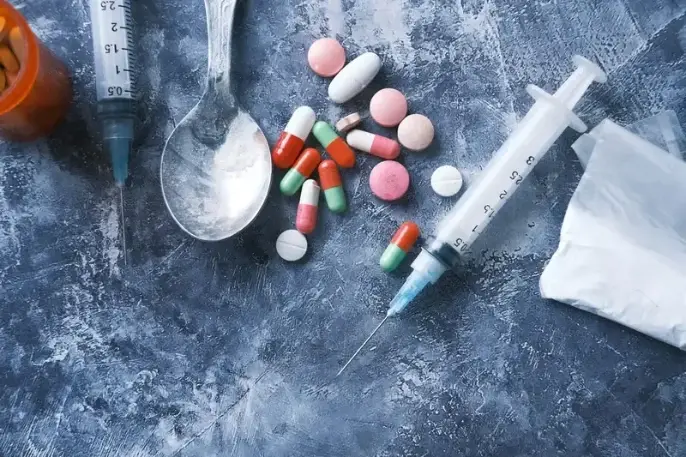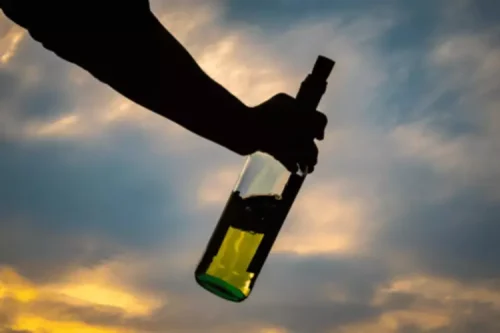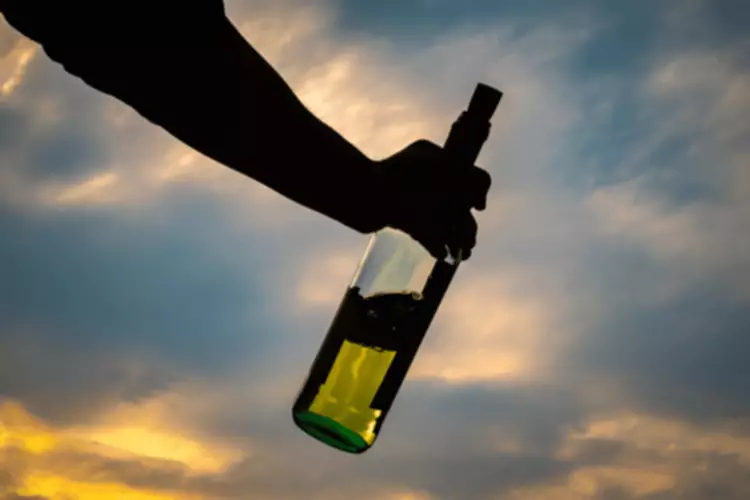15
Jul
Does Alcohol Dehydrate You?

Probiotics and fiber are great dietary choices in the long-term, but avoid them when you’re in the middle of battling belly bloat. Include them in your diet once you’re feeling better to boost your digestive enzymes and balance your gut. Salty or sugary foods, dairy, and certain carbs can all cause excess gas and constipation, the perfect combo for belly bloat. Healthy fats, lean proteins, and foods rich in nutrients like potassium are all great if you want to avoid inflammation. If your morning-after hangovers include unpleasant gastro effects, you already know that alcohol can wreak havoc on your digestive system.
What Is The Best Way To Rehydrate After Drinking?
And for 80 kilograms, about 80 millilitres per hour, and so on. But over time, too much alcohol can set off diabetes and malnutrition, and diseases of the central nervous system and the liver. Dehydration contributes to hangovers but is just a piece of the puzzle. Plus, we’re always introducing new features to optimize your in-app experience. We recently launched our in-app chatbot, Melody, powered by the world’s most powerful AI technology. Melody is here to help as you adjust to a life with less (or no) alcohol.

Here’s How to Really Avoid Alcohol Dehydration Symptoms
In Shakespeare’s play, Macbeth, the porter says that alcohol promotes “nose�painting, sleep and urine”. If you alternate alcohol and water as you drink, you slow your intake of alcohol. This may give your liver more time to metabolize it, but that can also be accomplished by simply drinking more slowly. Drinking alcohol can dehydrate you, and it’s one of the main reasons you can get a hangover. This is because alcohol is a diuretic, which is a substance that induces diuresis or additional urine output.
Study Finds Two Common Gynecological Disorders Linked To Increased Risk Of Early Death
- Alcohol (ethanol) is an intoxicating substance found in beverages like wine, beer, and liquor.
- Overall, the dehydrating effects of alcohol can vary widely depending on a range of factors.
- When you drink large amounts of alcohol or drink more quickly than the liver can metabolize it, alcohol accumulates in your bloodstream, triggering vomiting.
- In addition, increased urination can cause the loss of electrolytes, especially potassium and sodium, which are crucial for maintaining the body’s fluid balance.
- Apart from intoxication – which is well characterized for obvious reasons – it turns out that alcohol’s effects on the body are quite complicated, elusive, and variably dependent on several factors.
Ultimately, the researchers concluded, “The evidence for this association is still low, mostly because of the lack of good-quality studies.” If you’re exercising for more than an hour or so, it’s likely you will need to replace the salt you’re sweating out along with water, say the experts. But you don’t have to do that by drinking sports drinks like Gatorade. While they can be one effective way to replace the body’s salt, you can get that salt from other foods and drinks. And like thirst, you can trust your body to tell you how much you need. Then, if you drink too much water and the sensors in your brain detect that your blood is too watery, they signal a hormone that tells your kidneys to pee out the extra water, she says.
- Alcohol slows signals from the brain to the muscles responsible for the coordination and control of muscles involved in speech, leading to a noticeable slowing down or slurring of words when intoxicated.
- When this occurs, you’ll urinate some of the water your body had stored beforehand, leaving you more dehydrated than you were before.
- Always drink slowly and avoid chugging your alcoholic drinks to match up with your drinking buddies.
- These can be added to water or juice for quick and lasting hydration (your cells will thank you!).
- Although the kidneys remove waste products, most of the water loss is due to the effect of vasopressin.
- Holding it in repeatedly can increase your risk for urinary tract infections (UTIs) and affect your bladder-brain connection that signals when you need to pee.
Alcohol is also known to break down muscle tissue and reduce protein synthesis – sorry, bodybuilders! Effects of alcohol upon the muscles can include pain, swelling, and general muscle weakness. This can occur after only a single episode of binge drinking and it may take a week or more to fully recover. Studies show chronic heavy drinkers experience more significant muscle damage and loss. “Incorporate water before, during and after alcohol consumption to help combat that water and electrolyte loss.”
Powerful Herbs That Support Liver Health During Recovery
When you drink large amounts of alcohol or drink more quickly than the liver can metabolize it, alcohol accumulates in your bloodstream, triggering vomiting. Alcohol slows signals from the brain to the muscles responsible for the coordination and control of muscles involved in speech, leading to a noticeable slowing down or slurring of words when intoxicated. Impulsive behaviors can include making poor financial decisions (e.g., spending rent money on a round of drinks for your friends) or engaging in risky sexual behaviors (e.g., condomless sex). Within five minutes, alcohol reaches your brain, slowing down the central nervous system and affecting the way you feel, think, and behave.
However, due to how alcohol affects the production of ADH, you will still become dehydrated after drinking beer. Consuming one beer leads to a 62% increase in urine produced compared to having a glass of water. The higher the alcohol content, what is alcoholism the more dehydrating the drink will be. A heavy alcoholic drink like whiskey, brandy, or rum can dehydrate you more than lighter drinks. Stick to beer and wine to mitigate any dehydration you may experience. All types of alcoholic drinks cause dehydration to an extent.

The calorie intake represents around 7 calories per gram, which is almost as much as a gram of fat. This means that you might be downing several hundred calories per night depending on your drink of choice, which can also lead to long-term obesity and health issues. Staying hydrated while drinking alcohol is essential to any night out. And Thirsty Work is supplying more and more hospitality venues with mains fed, pure-filtered still and sparkling water taps and bottling systems to help you stay healthy and hydrated. Drinking on an empty stomach will speed up your blood alcohol levels so you get both drunk and dehydrated faster. Before your night out, make sure you have a good meal with plenty of carbs, such as rice, pasta, or potato.

Milk is also a good choice to help you rehydrate, assuming your hangover hasn’t put you off dairy. The same 2016 study from the American Journal of Clinical Nutrition found that milk was more hydrating than water, sports drinks, coffee, tea, and a handful of other common beverages 6. Electrolytes are found in common foods, including salt, bananas, and watermelon, and can also be consumed from electrolyte-specific drinks or mixes. That said, being dehydrated before drinking alcohol could cause your blood alcohol concentration to increase more quickly. If we’re experiencing any of these after excessive alcohol consumption, we could have alcohol dehydration, which can result in serious health consequences.
- Besides the belly bloat you’re dealing with from those excess calories and gastro effects, alcohol consumption can also dry out your skin.
- Unfortunately, alcohol isn’t a significant source of any micronutrients, which means you won’t get any health benefits to go with all of these calories.
- But you can certainly ensure you are as hydrated as possible before consuming alcohol.
- These products contain electrolytes, potassium, sodium, and chloride – all of which your body loses with higher urine output.
- Alcohol poisoning, or alcohol overdose, occurs when you drink more than your body can handle.
- The best way to rehydrate quickly is to regain the minerals that were flushed out due to excessive urination.
Follow drinking behaviors that are best for you, not what everyone else is doing. And above all, limiting your alcohol consumption in general is the best way to avoid dehydration. The key to making sure a night out doesn’t turn into a head-pounding hangover is to drink plenty of water throughout, Mieses Malchuk says. That will increase your does wine make you dehydrated ability to reabsorb water, and leave you more likely to wake up feeling sparkling and ready to face the day — or at least less inclined to put a pillow over your head.

